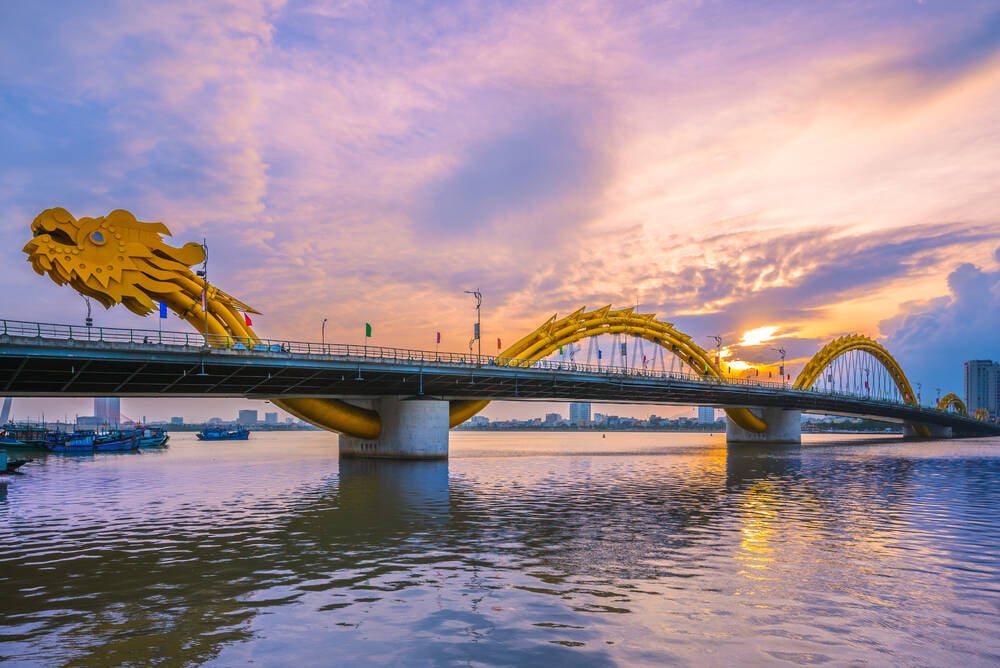
Southeast Asian nations revise semiconductor strategies as Trump's shadow looms
Analysis Multiple Southeast Asian nations – including South Korea, Japan, and Vietnam – have recently opened up on efforts to rework or amend their semiconductor strategies.
This is in part to stay competitive in a shifting geopolitical landscape, with the recent US presidential election win by Donald Trump – along with a threat of more Beijing-targeted tariffs – raising uncertainty about business with China, the US's current largest trading partner. This is bound to have knock-on effects everywhere in the industry – China's neighbors included.
South Korea's conservative ruling party, the People Power Party (PPP), is pushing for legislation that would give the semiconductor industry subsidies and an exemption from a national cap on working hours.
The nation introduced a labor policy in 2018 that capped maximum work hours to 52 – 40 hours of regular time and 12 hours of overtime.
Leave a Comment
Related Posts

An Asian Uber Driver Was Attacked By A Mob. Then YouTube Took Down the Video Of His Beating.
Comment





















